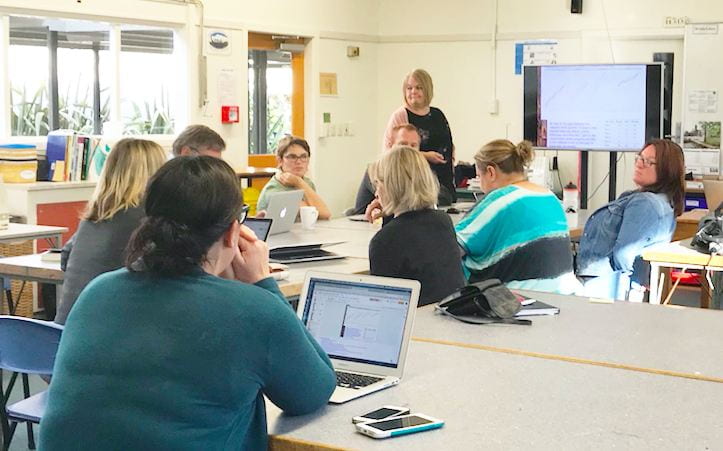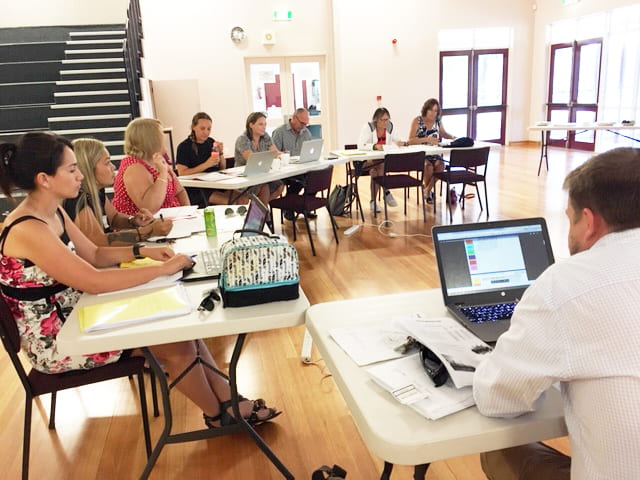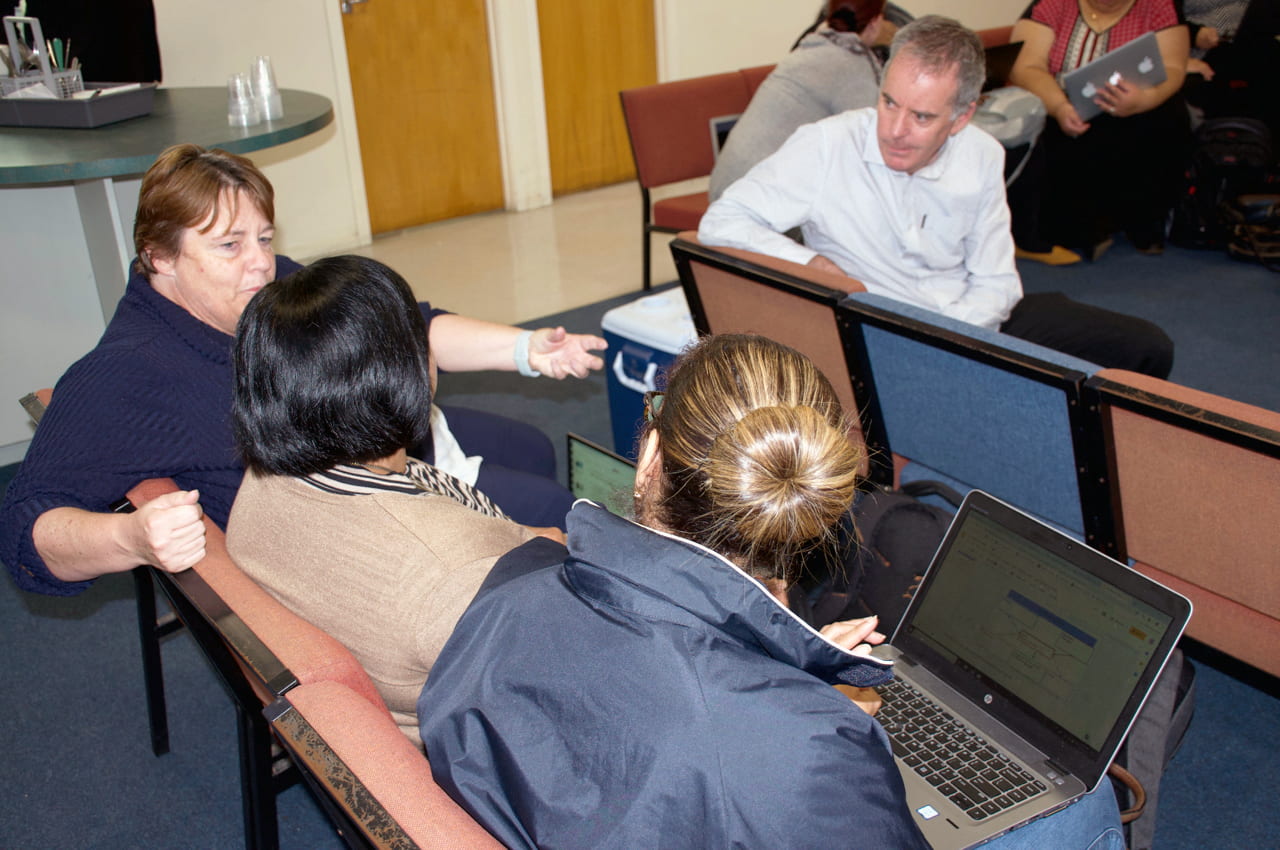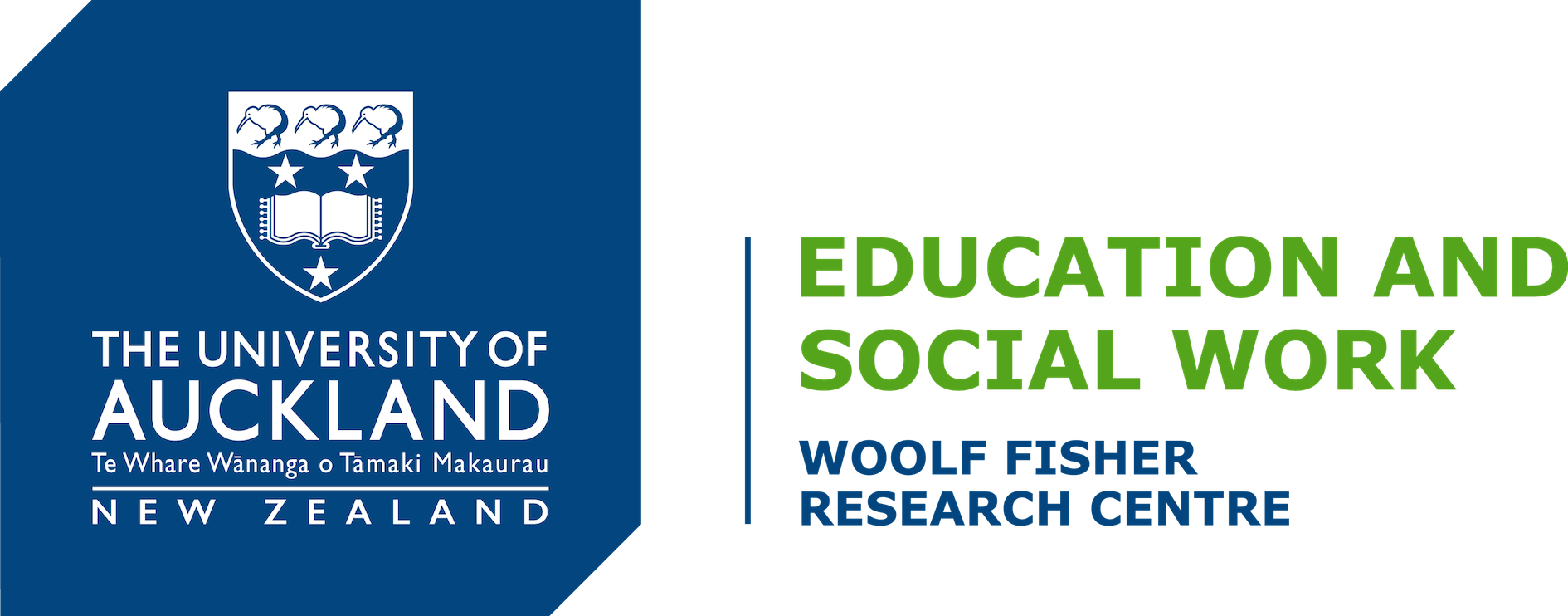Student achievement data
Twice during each year, in March and November, Te Pūtahi Whakatairanga Hapori Ako Angitu Woolf Fisher Research Centre collects data for all students. We do this in every school for:
- e-asTTle writing (Year 1-10)
- PAT reading (Year 4-10)
- PAT mathematics (Year 3 or 4-10)
- School Entry Assessment – SEA
- Observation survey of early literacy achievement (aka Six year net)
- STAR (Year 3 – optional)
- Junior numeracy
- Junior reading levels
- NCEA (collected annually)
These data are collated, analysed and then discussed with clusters in the form of written reports and in sensemaking sessions. Therefore, the more data we collect the more the representative the analysis will be and the more it can be used by clusters to create hypotheses and to set or support cluster-wide goals. The aim is to have at least 90% of students in all schools in the cluster complete the standardised tests.
We also collect demographic data in order to group students in a number of ways (by gender, ethnicity and decile) and to track the progress of these groups of students over time. It is for this purpose of year-to-year tracking that we also gather achievement data for years 0-3, as these data show where students begin their learning journey. While the data are collected on individual students, they are always collated and no individuals can ever be identified in the reporting.
The aim of moderation is for all markers to have a shared understanding; see the assessment through “the same set of eyes”. You can find the link to The Manaiakalani Programme policy and procedures for testing protocols here. For more about data use in schools, see the “Resources for data use” section of our resources page.
